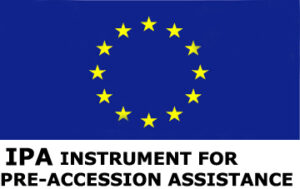The objective of the project is to address efficiency and quality of selected policies in quality of life, education and health through public debate and policy options derived from data and evidence.
The project is expected to bring the following changes:
- Changed general understanding of the importance of specific policies and measures within the QEH areas
- Increased availability of data in the specific areas set base for evidence-based policymaking
- Steered public debate and increased public awareness about the issues
- Increased pressure on policymakers for better and more efficient public policies and measures in the QEH areas
- Improved research capacity, networking and sharing of expertise
The project will deliver the following outputs:
- Mapping and selection of policies per year in three areas (QEH)
- Research and production of results
- Links with media outlets and development of outreach products (comms strategy)
- Capacity building for teams and media for use of data, cost benefit analysis and policy options
Donor: British Embassy, Skopje
Duration: July 2016 – March 2018
Call for EoI (NGOs) – Application form (NGOs)
Call for EoI (My story) – Application form (My story)
Call for focus group participation`
Call for еxperts – Application form (experts)
Debate club of experts, Skopje, 26 October 2016 – Gallery
Interim expert meeting, 26 April 2017
Call for EoI (journalists)
Infographs
GIFs
Video


